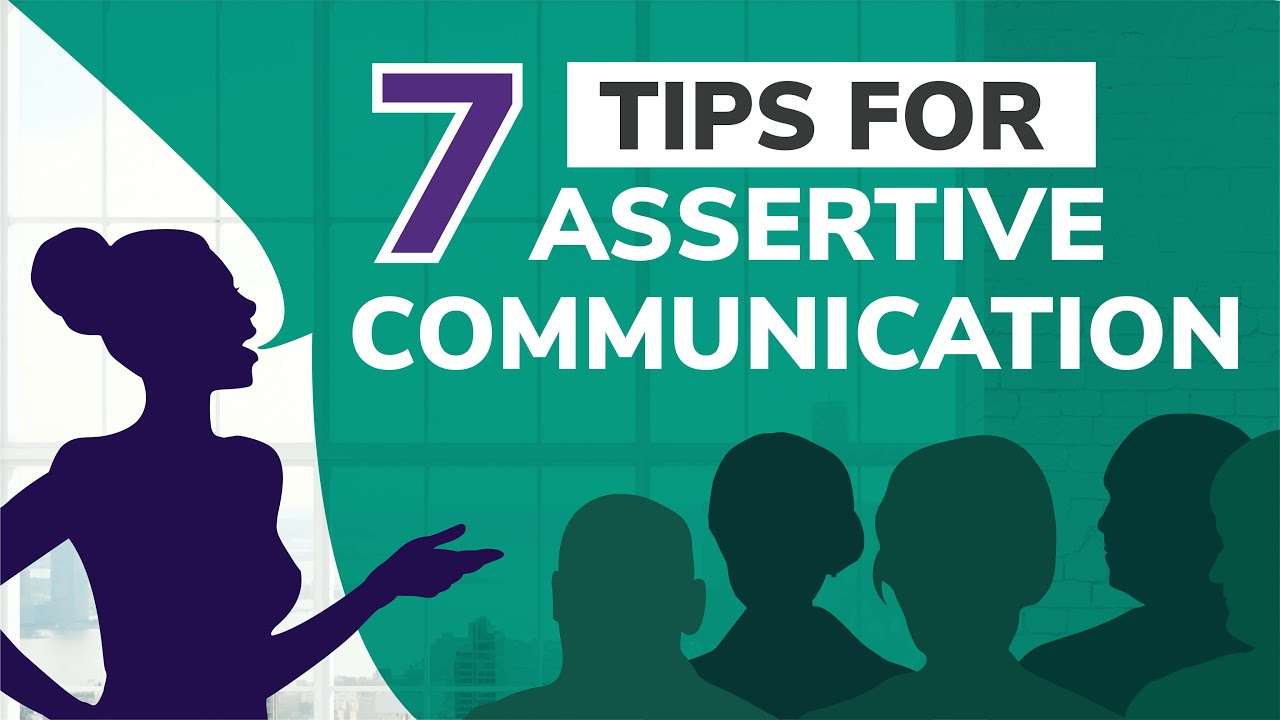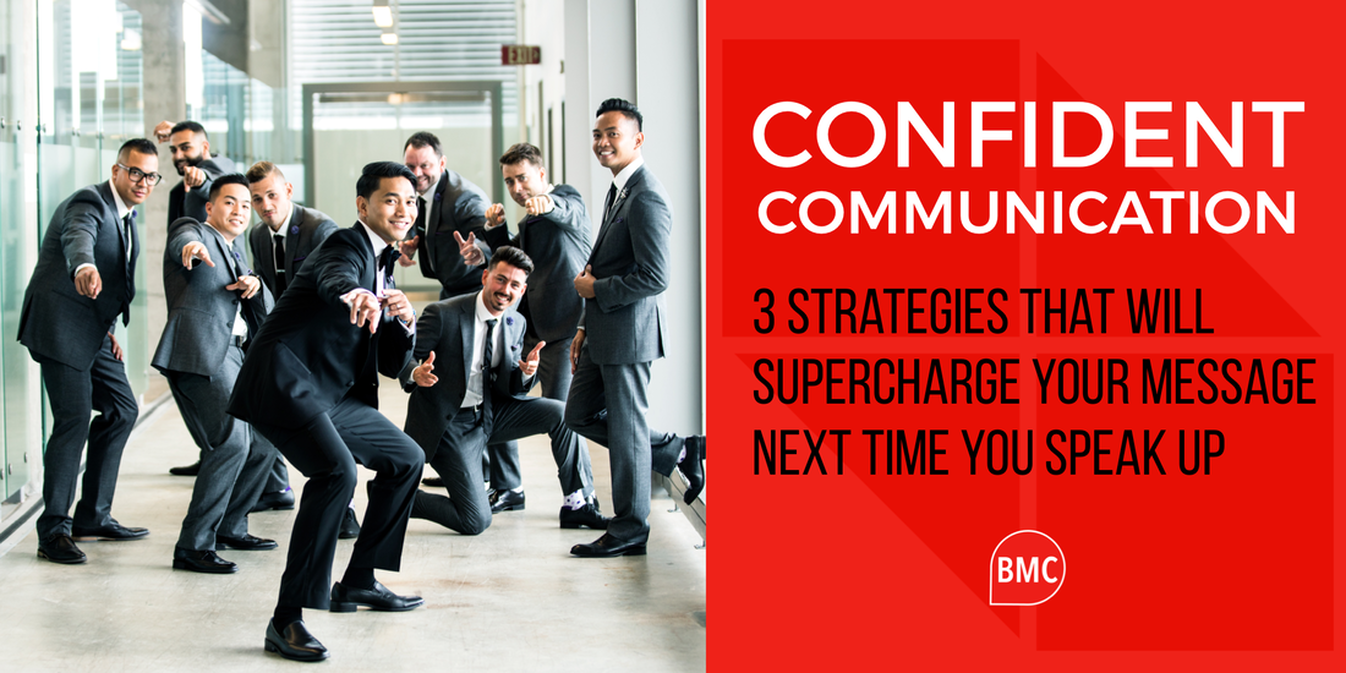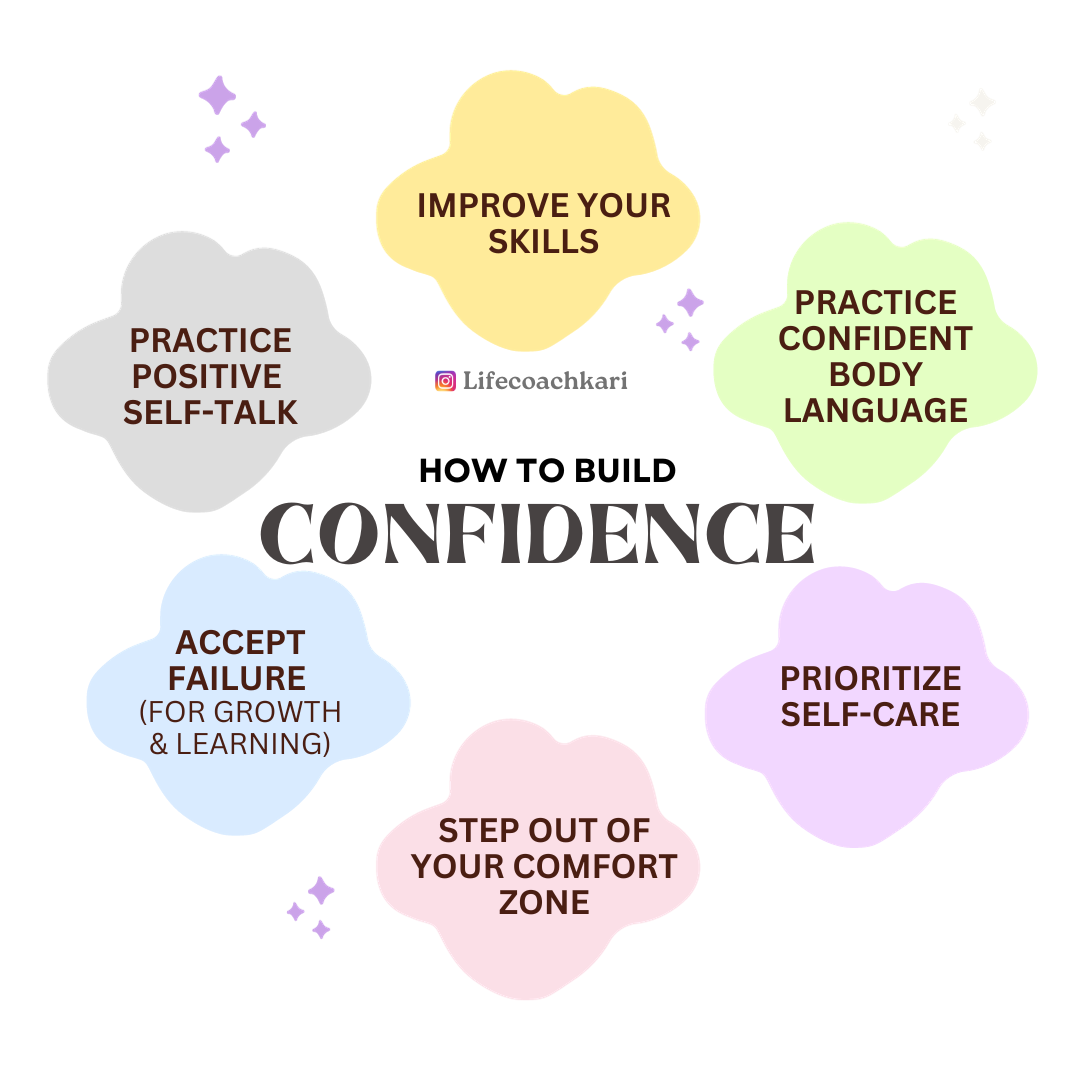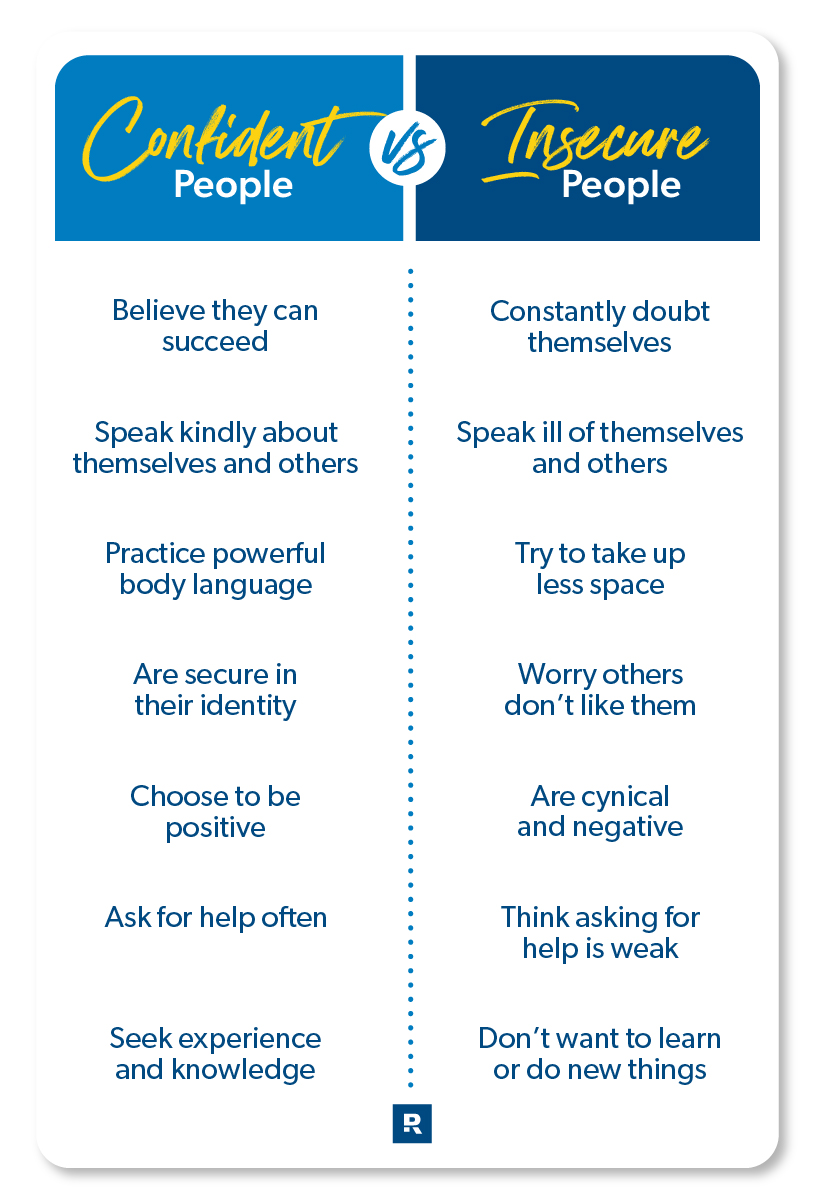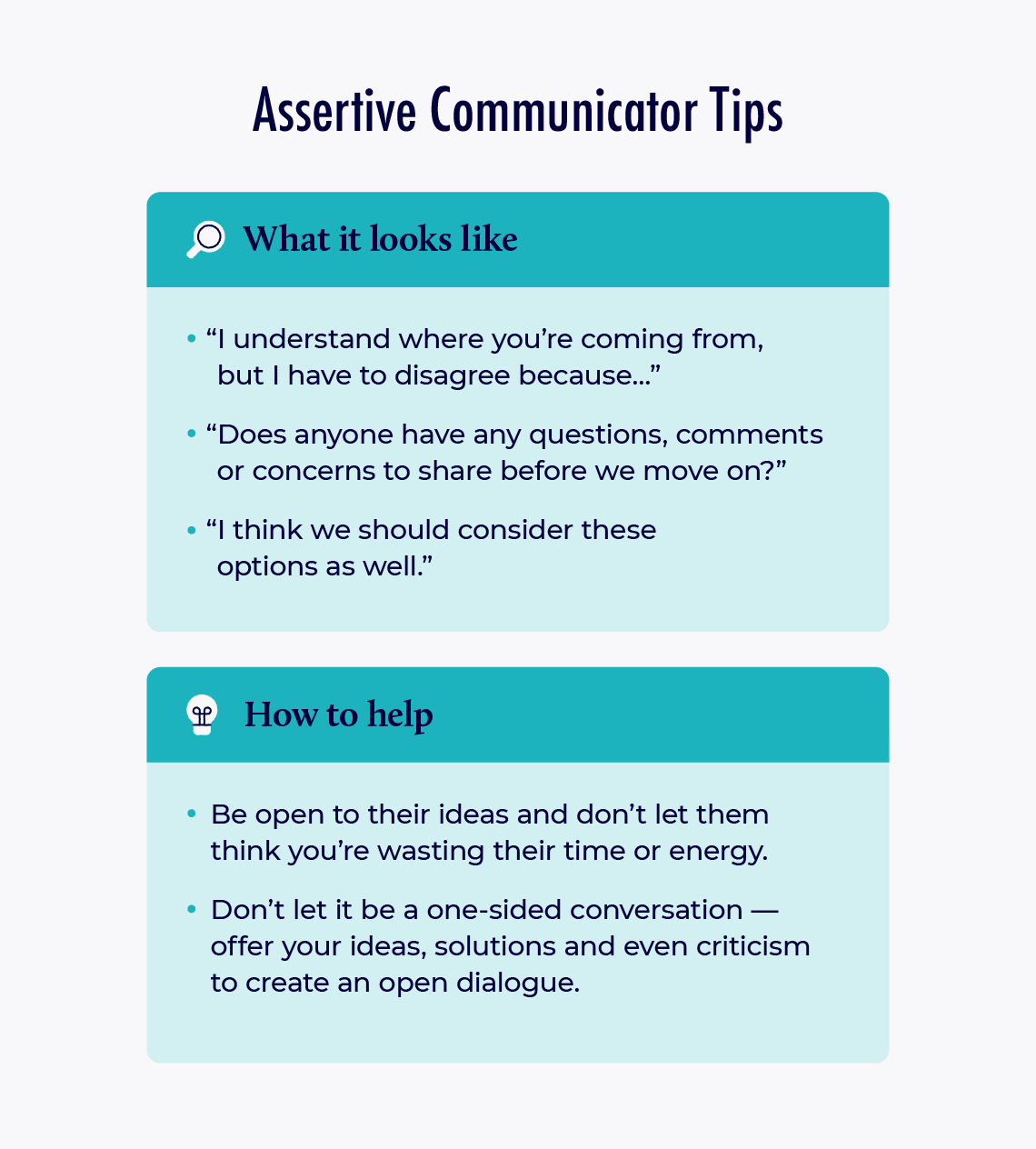How To Be More Confident In Communication

Are you struggling to make your voice heard? Unlock the secrets to commanding communication and conquering self-doubt now.
This guide provides actionable strategies to boost your confidence in all forms of communication, from public speaking to everyday conversations, empowering you to express yourself with conviction and impact.
Understand Your Fears
Identify the root causes of your communication anxiety. Is it fear of judgement, failure, or simply the unknown?
According to a 2018 study by Psychology Today, individuals who pinpoint their specific anxieties related to public speaking reported a 20% increase in perceived confidence after targeted intervention.
Preparation is Key
Thorough preparation is your strongest weapon against nervousness. For presentations, outline your key points, rehearse your delivery, and anticipate potential questions.
Harvard Business Review notes that professionals who dedicate time to rehearsing presentations are perceived as more confident and credible by their audience.
Master Your Body Language
Nonverbal communication speaks volumes. Maintain eye contact, stand tall, and use open gestures to project confidence.
A 2015 study published in the Journal of Nonverbal Behavior found that adopting a power pose for just two minutes can increase feelings of confidence and reduce stress hormones.
Practice Active Listening
Confidence isn't just about talking; it's about listening. Engage fully in conversations by paying attention, asking clarifying questions, and responding thoughtfully.
Dale Carnegie, author of "How to Win Friends and Influence People," emphasized the importance of being genuinely interested in other people, a cornerstone of confident communication.
Start Small, Build Up
Don't jump into the deep end. Begin with low-stakes communication scenarios, like sharing your opinion in a small meeting or initiating conversations with acquaintances.
Each successful interaction will build your confidence and make you more comfortable in increasingly challenging situations.
Embrace Imperfection
Everyone makes mistakes. Instead of dwelling on slip-ups, learn from them and move on.
Perfection is the enemy of progress. Focus on conveying your message effectively, rather than striving for flawless execution.
Seek Feedback
Ask trusted colleagues or friends for constructive feedback on your communication style. Identify areas for improvement and work on refining your skills.
A mentor or communication coach can provide valuable insights and personalized guidance to help you reach your full potential.
Record Yourself
Record your practice speeches or conversations and watch them. Analyze your body language, voice and overall performance.
Self-assessment is crucial for identifying areas where you can improve your confidence and delivery.
Visualize Success
Before important communication events, take time to visualize yourself succeeding. Imagine delivering a confident presentation, engaging in a productive conversation, or acing an interview.
Visualization techniques can reduce anxiety and boost your self-belief.
Challenge Negative Thoughts
Identify and challenge negative thoughts that undermine your confidence. Replace them with positive affirmations and realistic self-assessments.
Cognitive behavioral therapy (CBT) techniques can be highly effective in managing communication anxiety.
Next Steps
Implement these strategies consistently to witness a significant improvement in your communication confidence. Ongoing practice and self-reflection are essential for sustained growth.
Consider joining a public speaking club like Toastmasters International for structured practice and supportive feedback. Resources and workshops on communication skills are also available online and in your community.
